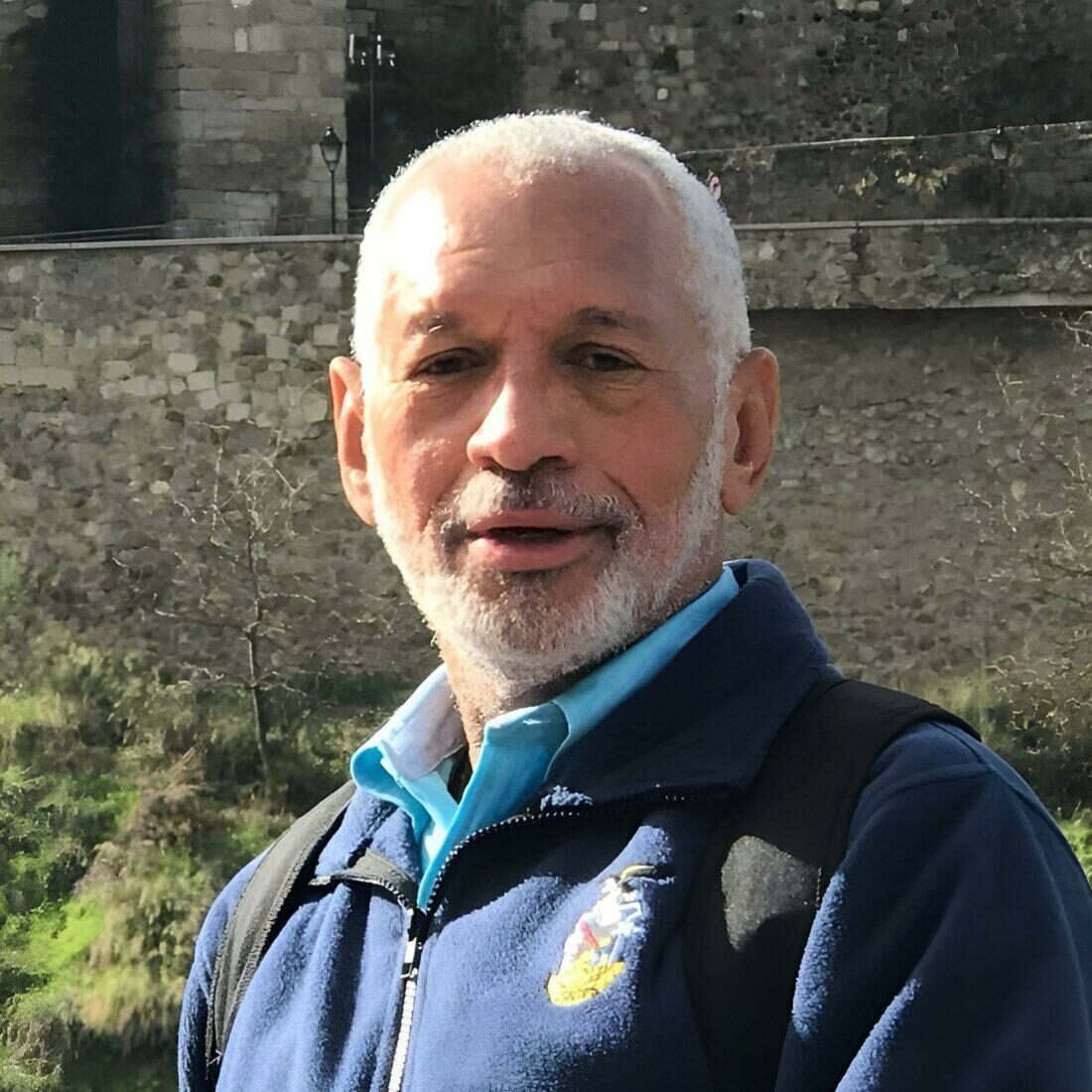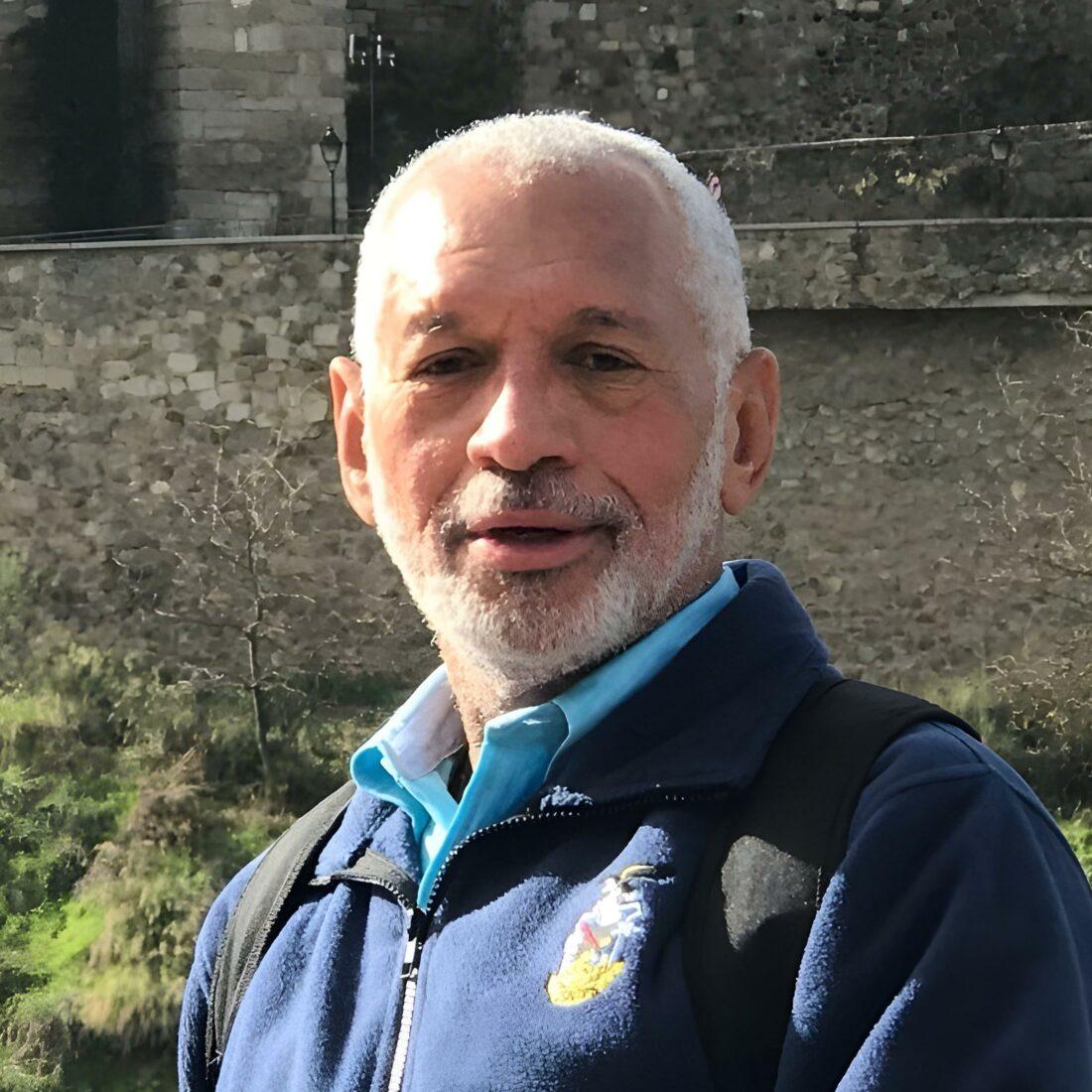ON LEADING PODCAST • Episode #10 • November 15, 2023
Listen on

Episode #10
Charles Bolden Jr.
On Being a Pioneering Leader
By Lori Brewer Collins
I think of a pioneer as a bold adventurer, someone who confidently goes where no one has gone before and who passionately shares the opportunities they discover as they explore the world. In my world, that makes Charles Bolden Jr. the quintessential 21st-century pioneer.
This highly accomplished man has been showered with awards and honors for where he has gone and what he has done, including: a Distinguished Flying Cross, 2 Legion of Merit medals, a NASA Outstanding Leadership Medal, honorary doctorates, as well as induction into the U.S. National Aviation Hall of Fame and the International Space Hall of Fame. When I chatted with this retired US Marine Corps Major General in the latest episode of Lori On Leadership, I was curious to hear what shaped his leadership principles. Here’s what I was able to draw from our conversation.
“My mom and dad said, ‘Never be afraid to go out and be a risk taker.’ I’m not sure they really appreciated some of the risks I took growing up but, nonetheless, they always supported me.”
Charlie wanted to go to the U.S. Naval Academy to study. But, as a young black man in America in the early 1960s, neither his local state representative nor his congressional representatives, who were influenced by their segregationist Senator Strom Thurmond, would consider appointing him. So he wrote to President Lyndon Johnson directly, asking for his help. While the president could not appoint Charlie himself, he could have a recruiter sent to his house. And a few weeks later, Charles was appointed to the Naval Academy by Chicago Congressman William Dawson.
Based on the influence of his first company officer, Major John Riley Love, Charlie took advantage of this opportunity and set out to become an infantry officer. Once through basic training, he discovered that he didn’t actually like crawling in the mud, so he switched to aviation, became a designated Naval Aviator, and then flew 100+ sorties in Vietnam, Laos and Cambodia. When he returned to the States, he toured as an Officer Selection & Recruiting Officer for the Marine Corps out of Los Angeles, obtained a Master of Science in Systems Management from University of Southern California, and then graduated from U.S. Naval Test Pilot School. He flew over 6,000 hours as a test pilot before N.A.S.A. recruited him as part of their efforts to increase the number of minority and female astronauts.
As a member of NASA’s astronaut corps, Charlie flew four Space Shuttle missions, logged 680+ hours in space (28d 08h 37m), and completed 444 orbits of the planet. He went on to become the first African American—and only the second astronaut—to head NASA on a permanent basis (nominated by President Obama in 2009). As NASA Administrator, Bolden oversaw the transition from the Space Shuttle system to a new era of exploration, fully focused on the International Space Station and aeronautics technology development. His tenure included the triumph of the Mars Curiosity Rover landing and the success of the Juno mission. (Coincidentally, Charlie was the first human being to have his voice broadcast on the surface of Mars.)
His tour with NASA done, Charlie returned to the Marine Corps to serve as Deputy Commandant of Midshipmen in the Naval Academy, then as Deputy Commanding General of I Marine Expeditionary Force. As such, he was the Commanding General in support of Operation Desert Thunder in Kuwait. After his retirement from active duty with the Marines, he founded Charles F Bolden Group, a consortium of accomplished leaders and problem solvers with extensive experience leading complex organizations in challenging environments and creating partnerships for the public benefit to advance diversity, equity, inclusion, and sustainability. The consortium provides leadership in STEM+AD education initiatives, space/aerospace exploration, national security, and health.
“I am an ordinary person who has been blessed to have had extraordinary opportunities.”
Key Takeaways
- Never be afraid to take risks. You can do anything you want to do, but you have to be willing to study hard and work hard. Give up the idea that “they’ll never pick me”. You owe it to yourself to at least apply. You will never know if you don’t try.
- Forge a pathway, then reach back and lift up those behind you so they can follow in your footsteps. To say that there isn’t someone out there qualified to do your job well is just not true. It’s your obligation to teach younger people to really dig in and study, to have the confidence to step up, and to take risks and not be afraid of failing.
- Don’t ask permission—and don’t expect applause. Do what you think is right. Do it to the best of your ability, whether people agree with you or not. Then there is nothing people can say or do that will hurt you.
- Don’t let the situation dictate what you do. All that you’re living through right now will one day change. Keep focused on what you want to do—and don’t let anyone intimidate you.
- Take the time to think about how your actions will impact the people in your organization. They may be with the organization much longer than you will. So don’t focus exclusively on fulfilling your short-term agenda or that of your boss. Don’t leave the path behind you strewn with bodies.
- Take care of your people. Then they will take care of you and everything else. Be an umbrella over them to take the “heat” so they can get their jobs done.
- Don’t ask employees to do something you wouldn’t be willing to do yourself. If it’s reasonable, find a way to get out there and demonstrate it can be done. Be the first to do it—or at least be a participant in it—and encourage employees to follow suit. For example, if you’re running a physical fitness campaign, get yourself to the gym early every morning.
- Show up. Connect with people every day—in the halls and beyond—giving praise where it’s warranted. Make sure everyone, no matter what their role, understands how critical they are to the organization’s success. This is more than just “walking the halls”: if your organization has an after-work softball team, for example, you can be on the field as a referee, umpire or player.
- If your organization is to truly lead in its industry or on the global stage, refuse to stick with business as usual. When NASA’s mission was to get beyond low-earth orbit, I had to bring in non-traditional partners, countries that wanted to be members of the family of space-faring nations but didn’t have the money or the technology to do so. Sitting down with those nations drew a lot of heat from the administration and Congress. I took the heat and, keeping the mission in mind, simply refused to go back to the way things were.
- Take a holistic approach when preparing for “battle”. Get yourself and your people ready mentally, spiritually and physically for what lies ahead. Teach that fear is a natural response to what you perceive as “danger”, one that doesn’t make you “weak”: it is a reminder to not do something stupid.Tell them to not be critical of another person’s faith just because it doesn’t marry with theirs (after all, there are no atheists in a foxhole). Teach them to be responsible for keeping themselves and others physically safe: organize their families to take care of each other and to ask for help when they need it.





